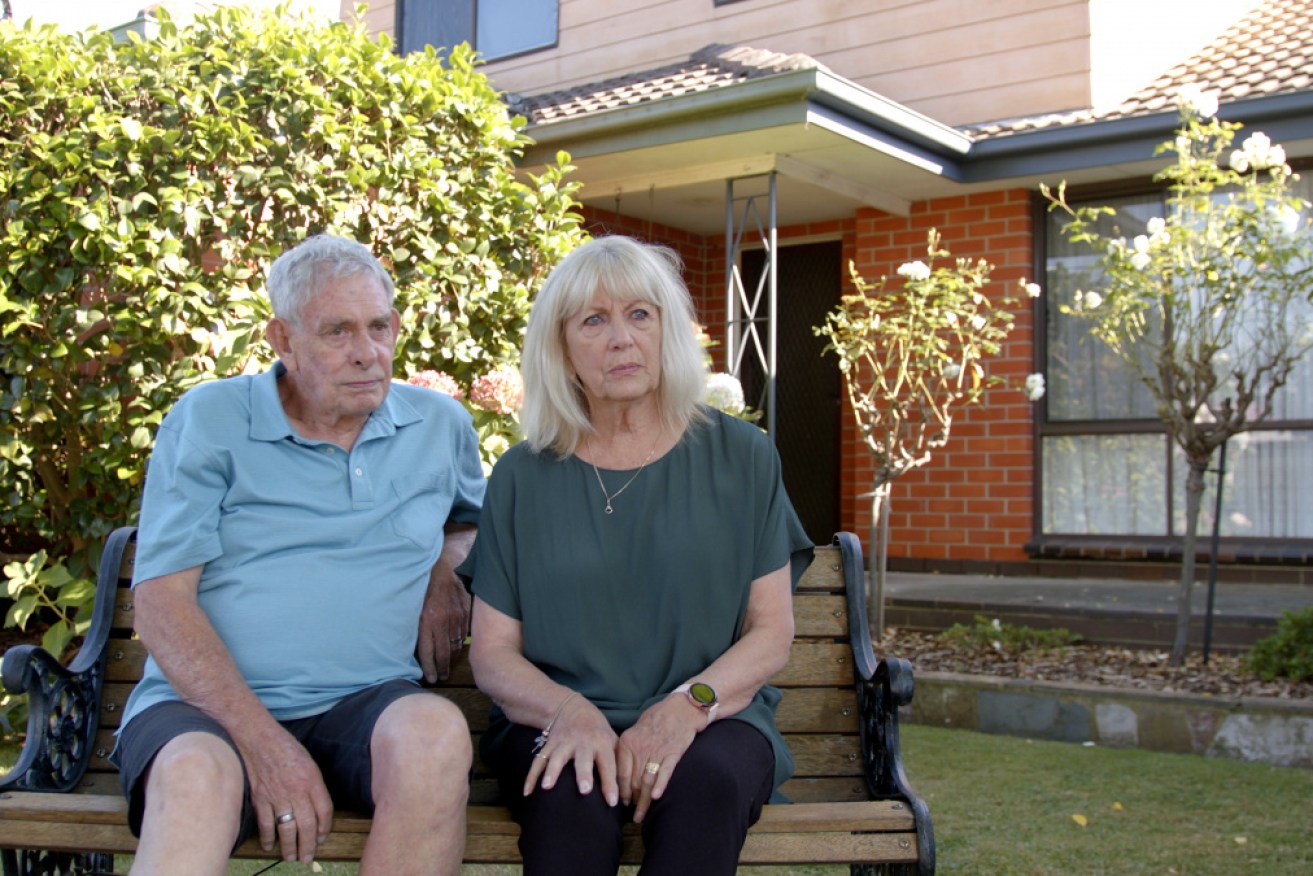Superannuation jumps in July but retirees lose out to inflation


Super is growing again, but the cost of living is an increasing concern.
Superannuation returns jumped during July but retirees are going backwards, with inflation eating into their living standards over the last year.
The latest figures from research house Chant West show that for July the median balanced/growth fund (61-80 per cent growth assets) surged 3.1 per cent, the highest increase since November 2020. And so far in August funds are likely to have grown “between 1 and 1.5 per cent,” said Chant West researcher Mano Mohankumar.
That rise through to August 19 has pushed super funds back above the 3.3 per cent loss they reported over the year to June 30 on the back of falling share and bond markets. It is driven by stronger share markets.
Overall, superannuation returns have dramatically recovered from losses in the early days of the pandemic.
“The median growth fund is 11 per cent ahead of the pre-COVID high that was reached at the end of January 2020, which should be a comfort for members concerned about the effects of the pandemic on their retirements,” Mr Mohankumar said.
But for those who are in retirement, the recent spikes in inflation have pushed cost-of-living rises above the returns from super funds.
New research from the Association of Superannuation Funds of Australia (ASFA) shows that for the year to June the costs of a comfortable retirement for couples rose by 6.1 per cent. Living costs for singles grew 6.7 per cent.
All that means is that for retirees living partly or wholly from their superannuation, balances are likely to have shrunk as they spent more on their retirement living. Those still in work are also battling cost of living rises as wage growth is at near record lows.
Living costs for couples enjoying a comfortable retirement rose by the inflation rate, as the above chart shows. However, for singles, their living costs rose by more than the inflation rate.
The 24 per cent of retirees receiving a part pension which is indexed to the CPI are likely to have suffered less in falls in their superannuation than those relying on super alone. That’s because super lost ground, so withdrawing enough to keep pace with the cost of living would erode balances.
Danger of caution
Chant West figures show that keeping your money in a conservative option when you retire is not necessarily the smartest thing to do. Returns for conservative funds with between 21 and 40 per cent in growth assets lost only 1.1 per cent in the June year.
However, they only returned 1.8 per cent in July, while inflation is racing ahead at 6.1 per cent. Staying conservative over 10 years would have seen returns of 5.2 per cent annually compared to 8.3 per cent for the balance/growth option.
Ian Henschke, chief advocate for National Seniors, said “we see lots of people who want to keep their money in term deposits, and while the best rate we can get there is 2.6 per cent, inflation is still running a lot higher than that.”
To help retirees with money outside superannuation or in a self-managed fund, Mr Heschke said National Seniors was advocating for the introduction of clean energy bonds that could be bought by individuals. They would earn a higher rate of return than term deposits and “would allow ordinary Australians to invest in clean energy, whereas at the moment only institutions can do that.”
The performance of balanced/growth super funds had been proven over the last year, with losses far less than many of the assets they invested in.
“Super was down 3.3 per cent, while international shares were down 12 per cent, Australian shares were down 7 per cent and bonds were down 10 per cent,” Mr Mohankumar said.
What put the brakes on
What protected super were cash holdings and the performance of unlisted assets, which did not decline by nearly as much as their listed counterparts.
“That demonstrates the power and beauty of diversification in superannuation which resulted in the losses in super being quite modest,” Mr Mohankumar said.
However, over July listed assets performed strongly with the market recoveries. Australian and international shares rose by 6 and 7.1 per cent respectively, while listed property jumped a massive 10.8 per cent in the month. Even bonds were in positive territory as interest rates eased, with central banks easing back on their ambitions to crush inflation with rate rises.
The average super fund for a male standing at $162,275 at the beginning of this financial year would have growth by $5030 over July. Meanwhile, the average female fund of $128,060 would have grown in value by $3969.
The New Daily is owned by Industry Super Holdings








